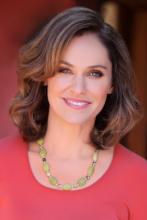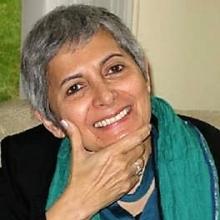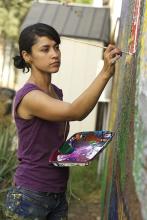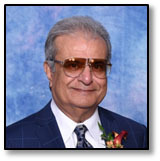
California State University, Northridge will expand its campus this fall with the opening of a new building — the Extended University Commons (EUC). Starting full operations in early August, the EUC, on the west side of campus, will provide students, faculty and staff with extended support, space and technical resources.
“The [EUC] name is a reflection of the college’s purpose within CSUN’s overall mission — to extend the current and emerging educational and research strength of the entire university beyond the campus, to help CSUN better serve communities, employers and working adults in the greater Los Angeles region, and to enhance CSUN’s national and international education reach, influence and collaborative relationships,” said Robert Gunsalus, vice president for University Advancement.
The new building is located at the southeast corner of Darby Avenue and Vincennes Street. The EUC primarily will house the Tseng College, which previously had been located in the campus bookstore complex but had outgrown the space due to the rapid growth of programs and services for working adults, their employers, CSUN’s regional partners and international students over the past decade.
CSUN’s renowned graduate programs — designed to serve mid-career professionals and offered by the university’s colleges in collaboration with the Tseng College — have received multiple honors and awards, such as a first-place ranking for the Master of Social Work online program and a top 50 ranking for the health administration program. CSUN’s expansion of fully online programs is also attracting more and more students from across the nation.
International students also have been increasingly interested in CSUN’s graduate and undergraduate programs, which is why the EUC will house offices for academic advising for new international students along with the Intensive English Program (IEP) and the Tseng College’s International Programs and Partnerships department. In recognition of CSUN’s international reach and achievement, the university received the World Trade Week Export Achievement Award this spring from the Los Angeles Chamber of Commerce.
“The thing I’m most excited about with the opening of the Extended University Commons is the opportunity for international students to transition seamlessly from [CSUN’s] Intensive Learning Program to matriculated students,” said Elizabeth Adams, associate vice president of undergraduate studies. “The international advising team and the IEP folks are going to be a dynamic presence for our international student population and will help them with all the academic issues they may face.”
“My hope is that students who enter the IEP will want to continue their education at CSUN and earn their bachelor’s degree here,” added Geraldine Sare, director of academic advisement for first-year international students. “One of the key strategies for success for our international students is integration. But before that can happen, they need to feel welcomed and part of the CSUN community. With a combined partnership from undergraduate studies, international admissions, the International and Exchange Student Center and IEP, students will have the tools to thrive in their new environment.”
Especially in times of globalization, developing and fostering international partnerships is one of the areas of CSUN’s outreach emphasis that will be supported by the facilities and services housed in the EUC, which also supports the growth of global learning for all CSUN students.
“The Valley is very diverse and very interconnected with greater Los Angeles and the global economy,” said Joyce Feucht-Haviar, dean of the Tseng College. “There are few companies in greater Los Angeles that do not have international connections. In that light, it is important for CSUN graduates to be prepared to work across cultural lines and the context of diverse urban communities. CSUN’s students are going to be heading out into a complex world, and we want them to succeed and to lead in that world.”
In addition to connecting students across cultures, the EUC will provide them with advanced technology and connect them to technology-enhanced, active-learning experiences. An entire classroom will be dedicated to these resources and will feature the latest technology, such as the new we-inspire system, to improve student learning. Additionally, video production studios will enhance faculty and student experiences with CSUN’s distance learning, instructional design and technology supported by the Tseng College.
“The building is great in terms of its technology, because it provides us with a lot of opportunities to expand what we’re doing and extend our reach so we can provide every CSUN student with a CSUN experience — whether it’s a distance or on-campus student,” said John Binkley, associate dean of the Tseng College. “We’ve created a collaborative environment for the faculty when they come together to work on the curriculum that allows them to be remote and to be able to participate in their online lectures.”
Other spaces will be used for meeting areas and strategic partner developments. Specific initiatives and programs will be targeted to promote the development of professional relationships between students, faculty and industry leaders. These growing links between CSUN and organizations and industries are essential to the region and the university, Feucht-Haviar noted. The creation of the EUC recognizes the shared future between the university and the greater Los Angeles region it serves, she said.
“In the past, we’ve gone out to the community but haven’t had as many opportunities to bring the community to campus,” Binkley said. “The EUC is designed so that we can actually host conferences. We’re really involved with the economic development in Los Angeles and we participate in a lot of events. Now, we have an opportunity to host some of those events.”
Located at the north end of campus parking lot B4, the new building is 68,470 square feet and offers 10,000 square feet of new classroom space that can be used on weekdays by any of CSUN’s colleges.
“This is an exciting moment for the university,” said Julia Potter, director for strategic partnerships and special initiatives. “It’s really an exemplar of the university turning a page and having a bigger self-vision. Students, faculty, alumni and global economic leaders will benefit from that. It’s an exciting time at CSUN, and the new EUC is just one big example of it.”



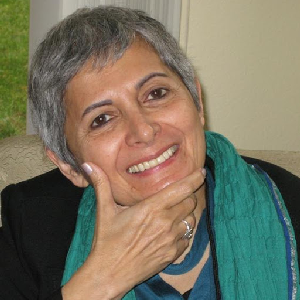

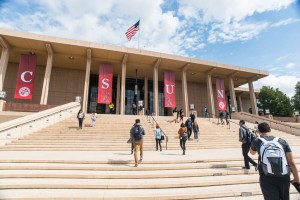 As the issues of sexual misconduct and sexual violence attract increased attention on college campuses across the nation, California State University, Northridge continues to ramp up its efforts to tackle those issues, with increased support resources for survivors.
As the issues of sexual misconduct and sexual violence attract increased attention on college campuses across the nation, California State University, Northridge continues to ramp up its efforts to tackle those issues, with increased support resources for survivors.


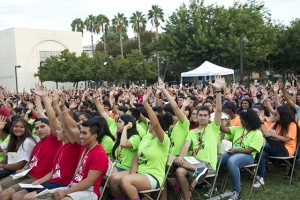
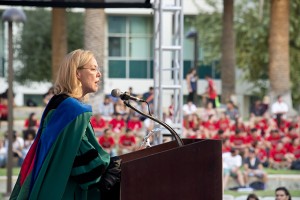

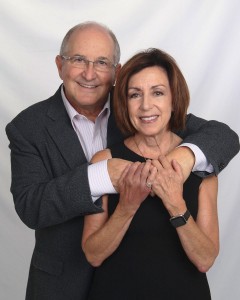
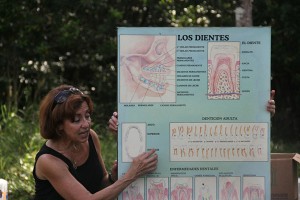



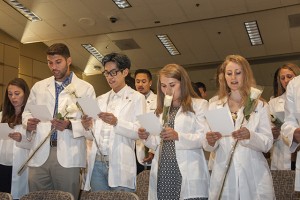
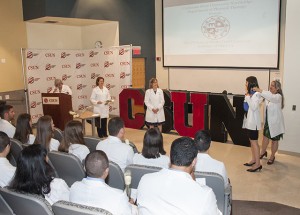

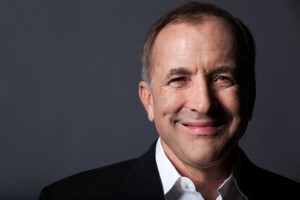
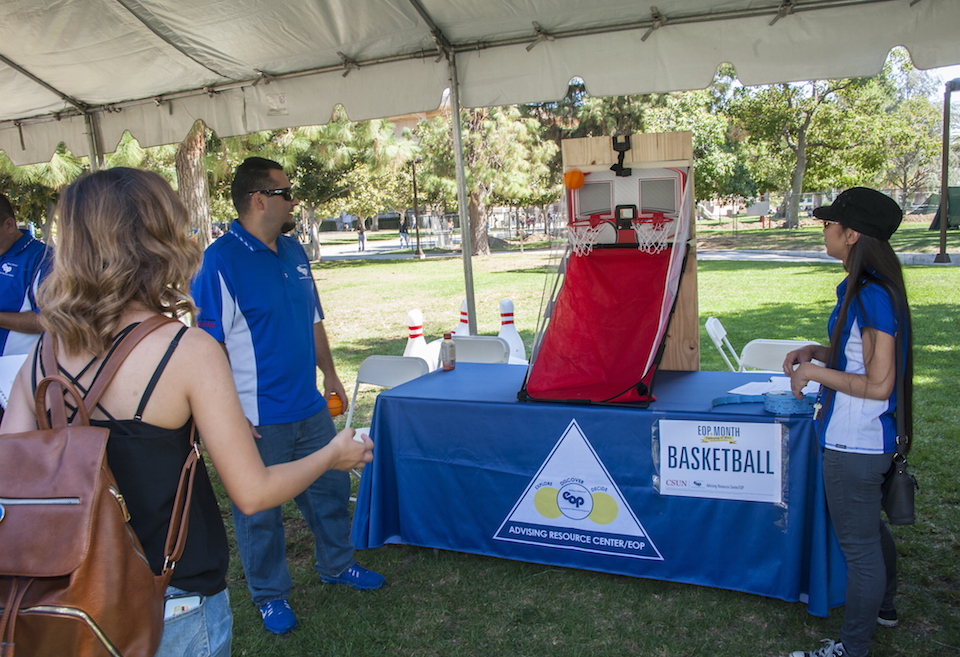

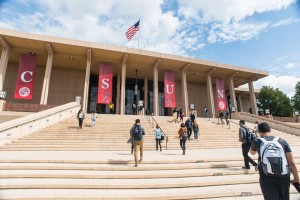

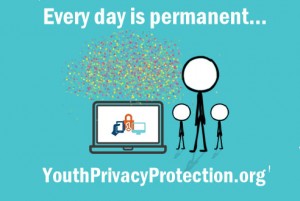 The Youth-Driven Information Privacy Education Campaign (YDIPEC) launched in August to help young people and their parents learn to safeguard their privacy online. The campaign is the culmination of a year-long grant awarded to California State University, Northridge
The Youth-Driven Information Privacy Education Campaign (YDIPEC) launched in August to help young people and their parents learn to safeguard their privacy online. The campaign is the culmination of a year-long grant awarded to California State University, Northridge 

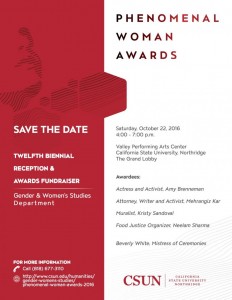 They are four women who have gone out into the world and made it better with their scholarship, activism and commitment to excellence.
They are four women who have gone out into the world and made it better with their scholarship, activism and commitment to excellence.
